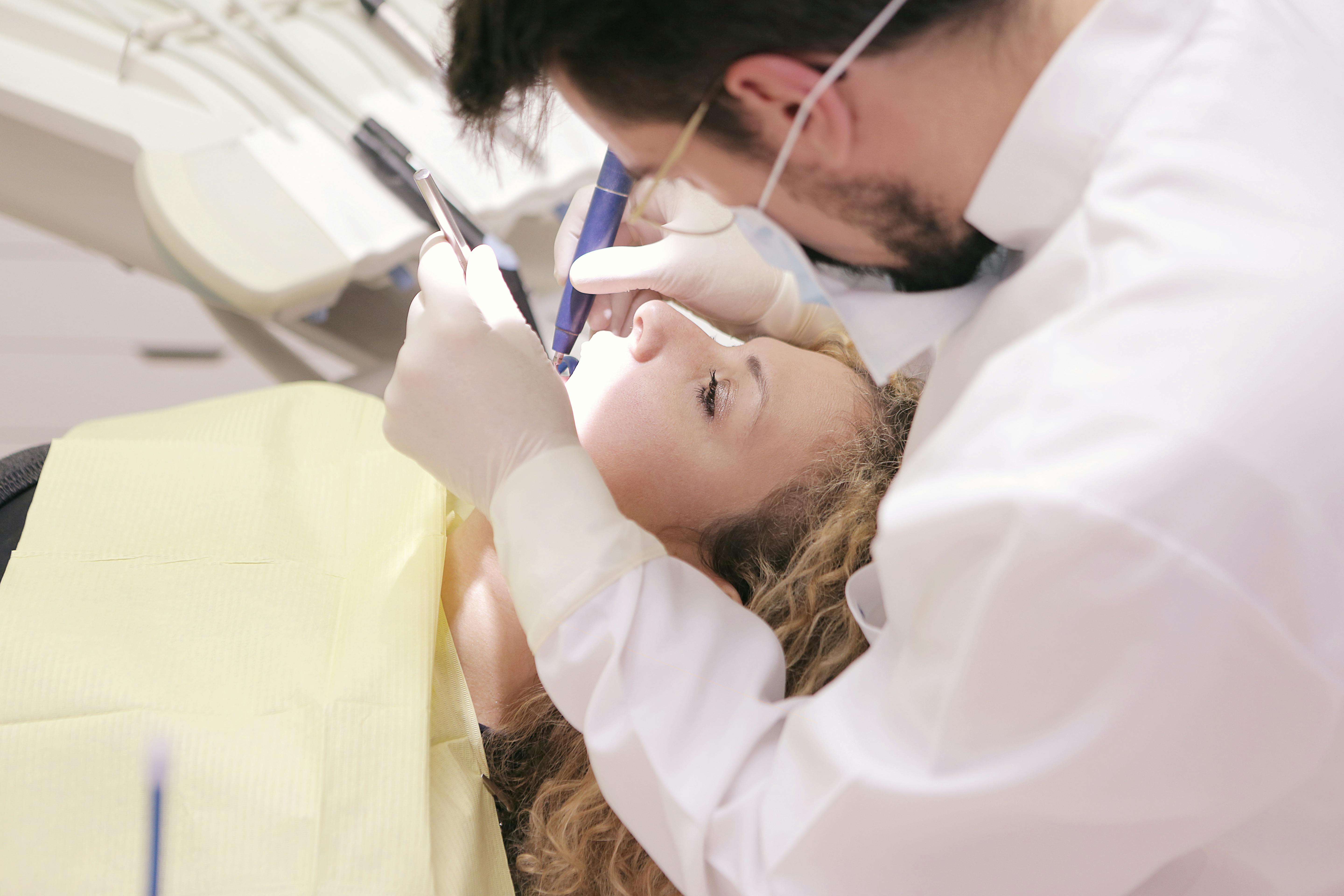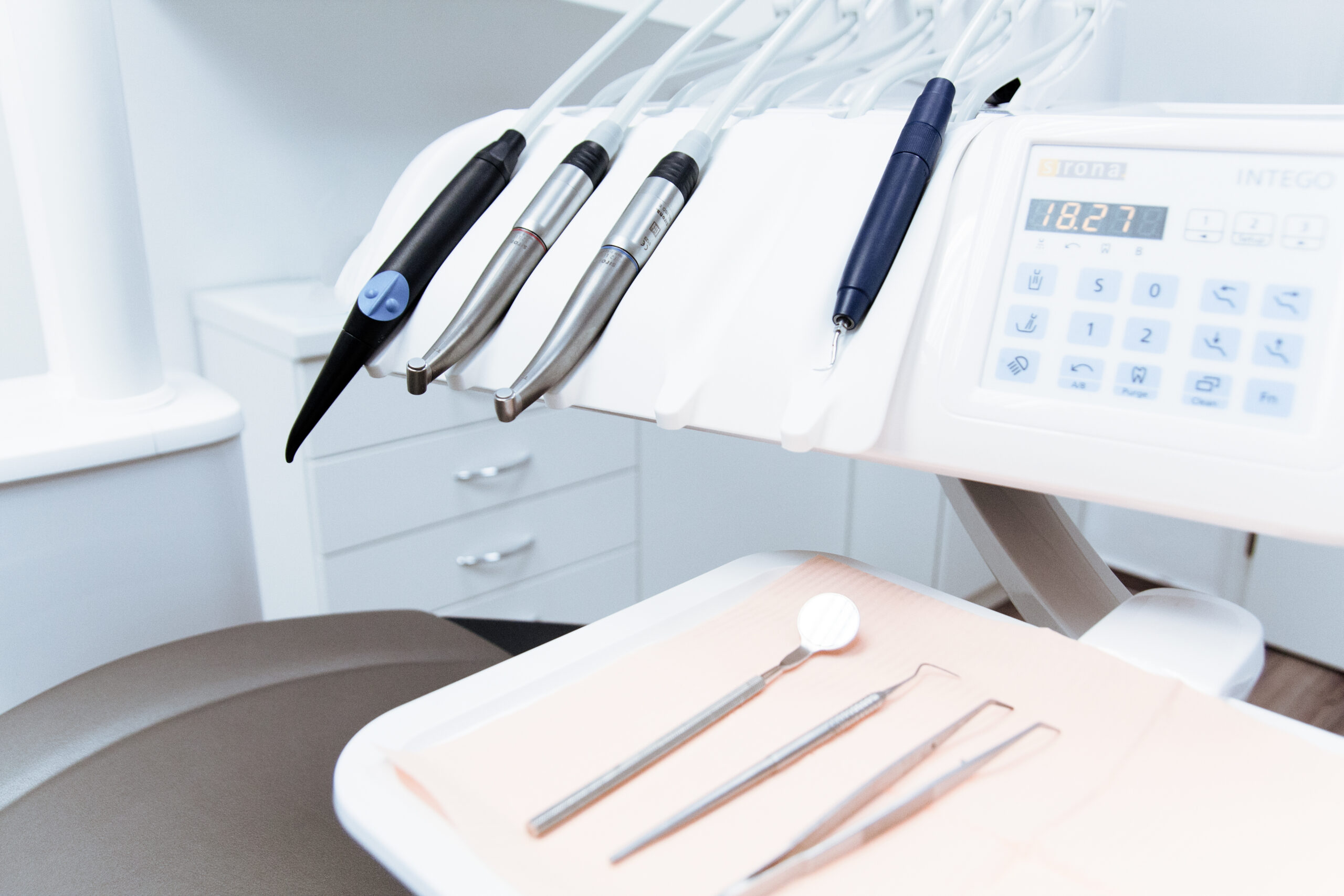If you’re looking for a way to brighten your smile, you’ve probably come across the term “laser teeth whitening.” But before you book an appointment, it’s important to determine whether this treatment is suitable for you. While laser teeth whitening can be highly effective in removing stains and achieving a whiter smile, it may not be suitable for everyone. Factors such as dental health, sensitivity, and existing dental work can influence the suitability of this popular procedure. In this article, we’ll explore the key considerations to help you decide if laser teeth whitening is the right choice for you.

This image is property of images.pexels.com.
Benefits of Laser Teeth Whitening
Quick and efficient results
When it comes to teeth whitening, laser teeth whitening is a popular choice for many individuals. One of the major benefits of laser teeth whitening is the quick and efficient results it provides. Unlike traditional teeth whitening methods that may take several sessions to see noticeable results, laser teeth whitening can often achieve a brighter smile in just one visit to the dentist. This is particularly beneficial for individuals with time constraints or those who want immediate results for a special occasion, such as a wedding or job interview.
Long-lasting effects
Another advantage of laser teeth whitening is the long-lasting effects it offers. While some other teeth whitening methods may fade over time, laser teeth whitening can provide lasting results for a significantly longer period. This means that you can enjoy a brighter smile for months or even years before needing to undergo another whitening treatment. By choosing laser teeth whitening, you can maintain a confident and dazzling smile without the hassle of frequent touch-ups.
Factors to Consider
Before deciding to undergo laser teeth whitening, there are several important factors to consider. These factors include tooth sensitivity, gum sensitivity, pregnancy, breastfeeding, allergies to hydrogen peroxide, dental restorations, and age restrictions. By carefully considering these factors, you can ensure that laser teeth whitening is suitable for your individual circumstances and minimize any potential risks or complications.

This image is property of images.pexels.com.
Tooth Sensitivity
Causes of Tooth Sensitivity
Tooth sensitivity, also known as dentin hypersensitivity, is a common condition where the teeth become more sensitive to hot, cold, sweet, or acidic stimuli. This sensitivity can be caused by various factors, including tooth decay, periodontal disease, teeth grinding, or enamel erosion. Individuals with existing tooth sensitivity should exercise caution when considering laser teeth whitening, as the procedure may exacerbate their sensitivity and cause discomfort.
How Laser Teeth Whitening Can Affect Tooth Sensitivity
During laser teeth whitening, a bleaching agent, often containing hydrogen peroxide, is applied to the teeth and activated with a laser or light source. This chemical reaction can temporarily increase tooth sensitivity, especially in individuals who already have sensitive teeth. The whitening process can potentially cause temporary discomfort, ranging from a mild tingling sensation to sharp, shooting pains.
Precautions for Individuals with Tooth Sensitivity
If you have tooth sensitivity, it is crucial to discuss this with your dentist before opting for laser teeth whitening. Your dentist may recommend desensitizing treatments or applying a protective barrier, such as fluoride gel or a desensitizing agent, to minimize potential discomfort during and after the whitening process. Additionally, your dentist may suggest alternative teeth whitening methods that are more suitable for individuals with tooth sensitivity, such as at-home whitening trays or whitening toothpaste.
Gum Sensitivity
Causes of Gum Sensitivity
Gum sensitivity, also known as gingival irritation, can occur as a result of various factors, including gum disease, aggressive brushing, hormonal changes, or certain medications. Individuals with gum sensitivity may experience redness, swelling, tenderness, or bleeding of the gums. It is important to consider gum sensitivity when contemplating laser teeth whitening, as it can lead to further gum irritation and potential complications.
How Laser Teeth Whitening Can Affect Gum Sensitivity
During laser teeth whitening, the bleaching agent used to whiten the teeth can come into contact with the gums. This can cause irritation and inflammation in individuals with sensitive gums, making the procedure uncomfortable or even painful. It is essential to take precautions and ensure that your gum sensitivity is properly managed before undergoing laser teeth whitening.
Precautions for Individuals with Gum Sensitivity
If you have gum sensitivity, it is crucial to inform your dentist prior to laser teeth whitening. Your dentist may recommend a protective gel or barrier to shield the gums during the whitening process. Additionally, your dentist may suggest alternative teeth whitening methods, such as non-laser professional treatments or over-the-counter whitening strips, which may be gentler on sensitive gums.

This image is property of images.pexels.com.
Pregnant Women
Potential Risks to the Unborn Child
Pregnant women need to exercise caution when considering laser teeth whitening due to potential risks to the unborn child. Although research on the effects of laser teeth whitening during pregnancy is limited, some studies suggest that the chemicals used in teeth whitening procedures, such as hydrogen peroxide, may be absorbed into the bloodstream and potentially affect the developing fetus.
Safer Alternatives for Pregnant Women
To ensure the safety of both the mother and the unborn child, it is generally recommended that pregnant women postpone any non-essential dental procedures, including laser teeth whitening, until after giving birth. Instead, pregnant women can opt for alternative teeth whitening methods, such as maintaining good oral hygiene practices, avoiding foods and beverages that can stain the teeth, and using whitening toothpaste specifically formulated for pregnant women.
Breastfeeding Women
Potential Risks to the Baby
Breastfeeding women should also approach laser teeth whitening with caution. While limited research exists on the effects of teeth whitening chemicals on breastfed babies, it is recommended to avoid unnecessary exposure to potentially harmful substances during breastfeeding. The chemicals used in laser teeth whitening can potentially be ingested by the baby through breast milk.
Postponing Treatment until after Breastfeeding
To prioritize the health and safety of the baby, it is generally advised that breastfeeding women wait until after they have finished breastfeeding before undergoing laser teeth whitening. As an alternative, breastfeeding women can focus on maintaining good oral hygiene practices and consider other methods of teeth whitening that do not involve potentially harmful chemicals, such as natural home remedies or whitening toothpaste suitable for breastfeeding women.
Allergies to Hydrogen Peroxide
Symptoms of Allergic Reactions
Some individuals may have allergies or sensitivities to hydrogen peroxide, which is a common component of the bleaching agent used in laser teeth whitening. Allergic reactions to hydrogen peroxide can range from mild irritation, such as redness and swelling of the gums, to more severe symptoms, including difficulty breathing, hives, or anaphylaxis.
Alternative Whitening Options for Individuals with Allergies
If you are allergic to hydrogen peroxide, it is crucial to inform your dentist before undergoing laser teeth whitening. Your dentist can recommend alternative teeth whitening options that do not involve hydrogen peroxide, such as non-peroxide bleaching agents or natural whitening methods. These alternatives can still provide effective results without triggering allergic reactions.
Dental Restorations
Effectiveness of Laser Teeth Whitening on Dental Restorations
Dental restorations, such as dental implants, crowns, or veneers, are not affected by traditional teeth whitening methods. However, laser teeth whitening may have different effects on dental restorations. While the bleaching agents used in laser teeth whitening can lighten natural teeth, they may not have the same impact on dental restorations. This can result in uneven coloration between the natural teeth and the restorations.
Consideration of Alternative Whitening Methods
If you have dental restorations, it is essential to consult with your dentist regarding the compatibility of laser teeth whitening with your specific restorations. Your dentist may recommend alternative whitening methods, such as professional cleaning or polishing of the restorations, to ensure a more consistent and uniform appearance with your natural teeth.
Age Restrictions
Minimum Age Requirement for Laser Teeth Whitening
Due to the potential risks and sensitivity of developing teeth, laser teeth whitening is generally not recommended for individuals under the age of 16. The developing teeth and gums of children and teenagers may be more susceptible to the effects of the whitening agents, leading to increased tooth sensitivity or gum irritation. It is important to prioritize the oral health and development of young individuals when considering teeth whitening treatments.
Alternative Teeth Whitening Options for Younger Individuals
For younger individuals who are interested in teeth whitening, there are alternative options available. Dentists may suggest non-laser professional whitening treatments or over-the-counter whitening products specifically designed for younger individuals. These options can provide effective and safe teeth whitening results without compromising the oral health of developing teeth and gums.
Consulting with a Dentist
Importance of Professional Opinion
Before undergoing laser teeth whitening or any other teeth whitening procedure, it is crucial to consult with a dentist. A dentist can assess your oral health, evaluate potential risks, and recommend the most suitable teeth whitening options based on your individual circumstances. Professional advice and supervision can help ensure that you achieve the desired results while minimizing the potential for complications or adverse effects.
Dentist’s Recommendation Based on Individual Assessments
Every individual’s oral health and circumstances are unique, which is why it is important to have a dentist evaluate your dental conditions and consider factors like tooth sensitivity, gum sensitivity, pregnancy, breastfeeding, allergies, dental restorations, and age restrictions before proceeding with laser teeth whitening. Your dentist can provide personalized recommendations and guide you toward the most appropriate teeth whitening approach based on your specific needs and goals.
In conclusion, laser teeth whitening can offer quick and efficient results with long-lasting effects. However, it is essential to consider various factors, such as tooth sensitivity, gum sensitivity, pregnancy, breastfeeding, allergies, dental restorations, and age restrictions, before undergoing the procedure. By consulting with a dentist, you can ensure that laser teeth whitening is suitable for your individual circumstances and receive professional guidance for achieving a brighter and healthier smile.